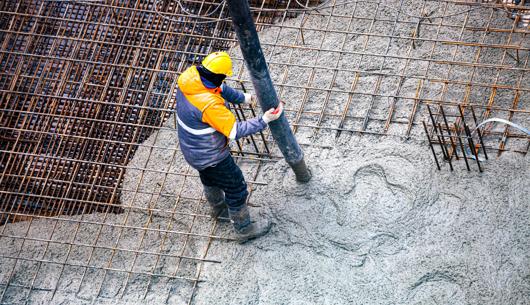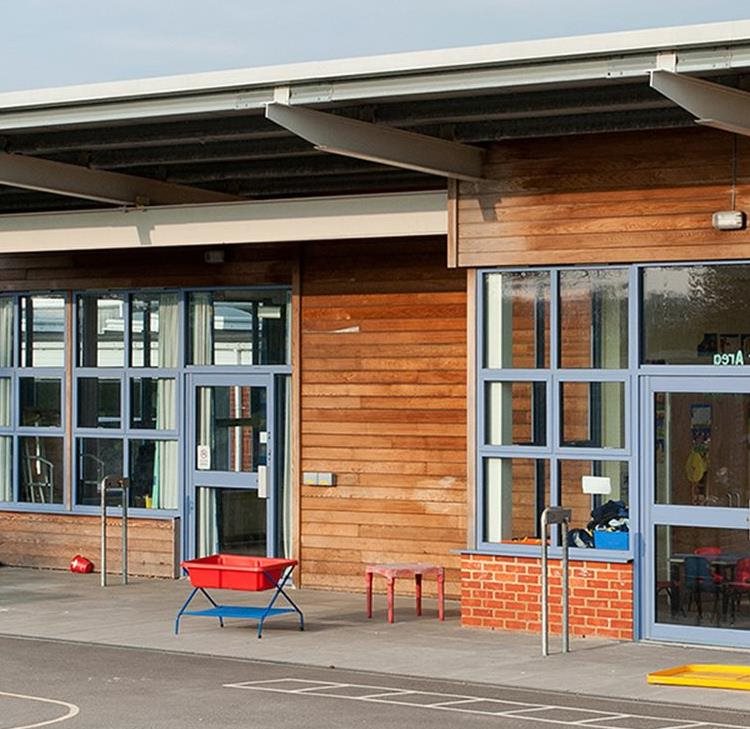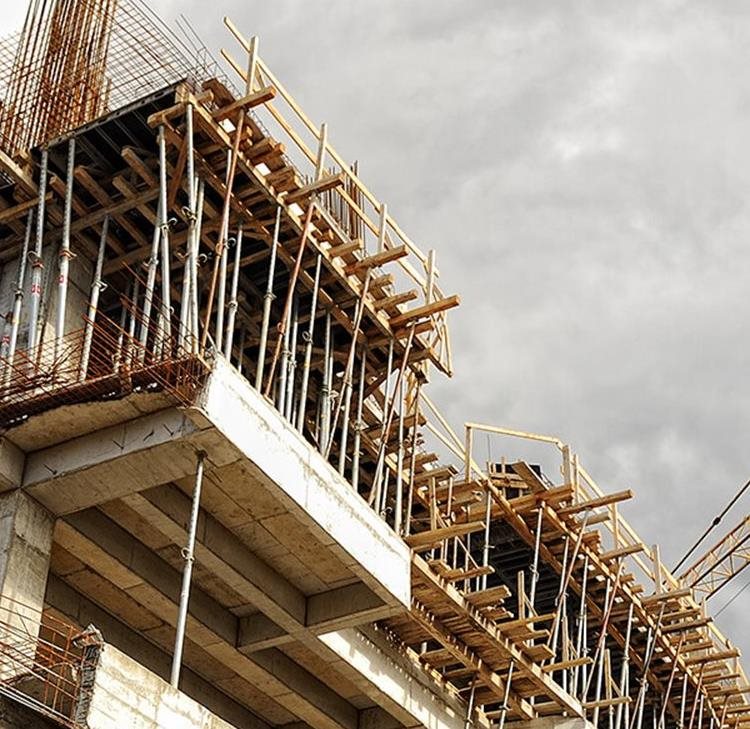When entering into construction contracts, schools and academy trusts have two main options for execution: "under hand" agreements or "deeds".
When schools and academy trusts enter into construction contracts, they have two primary execution options: contracts signed "under hand" (standard agreements) or contracts executed as "deeds".
In this article, we outline how understanding this choice is crucial for protecting your educational institution's legal interests.
What additional formalities are required for deeds?
Most contracts are signed under hand using standard procedures. However, deeds require additional formalities - they must clearly state they are deeds, be sealed or signed by authorised persons (potentially with witnesses), and be delivered to take effect.
While this may seem like a minor administrative difference, the choice between under hand and deed execution significantly impacts your legal protection, particularly regarding limitation periods.
While contract execution methods may appear to be a minor administrative detail, choosing between under hand agreements and deeds significantly impacts your school's legal protection through different limitation periods for construction defect claims.
Pursuing contractual claims for remediation
For school construction projects, if defects appear after the contract's defect rectification period has ended, you may need to pursue a contractual claim for remediation. This is where limitation periods become crucial.
School construction projects often reveal defects after the initial defect rectification period expires, requiring contractual claims for remediation. Limitation periods become critical in these situations. A limitation period establishes the legal deadline for filing construction defect claims - missing this deadline eliminates your right to claim compensation, regardless of case strength.
Crucially, limitation periods typically commence from practical completion of construction work, meaning time limits begin before defects become visible.
How contract execution affects limitation periods for schools
Contract execution methods directly determine your legal protection timeframe. Under hand contracts typically provide six-year limitation periods from practical completion, while deed execution extends protection to 12 years.
For schools and academy trusts, we strongly recommend executing all significant construction contracts as deeds, ensuring proper completion of additional formalities.
This extended protection proves particularly valuable for educational facilities experiencing constant use by students and staff, where building defects may only emerge after several years.
Real-world examples: School roof replacement project
Practical example
A roof replacement contract was signed under hand and completed on 1 July 2019. If a hidden defect emerges in September 2026, the six-year limitation period has expired, leaving you unable to pursue a contractual claim. However, if the same contract had been executed as a deed, you would have protection until July 2031.
This principle also applies to other key project documents, such as consultant appointments and collateral warranties, though you should note that limitation periods for consultants may start from when their specific services conclude.
School construction scenario
A roof replacement contract was signed under hand and completed on 1 July 2019. If hidden defects emerge in September 2026, the six-year limitation period has expired, preventing contractual claims.
However, executing the same contract as a deed would provide protection until July 2031. This principle applies to all key project documents, including consultant appointments and collateral warranties. Note that limitation periods for professional consultants may commence when their specific services conclude rather than at practical completion.
Recommendations for schools and trusts
We recommend implementing these protective measures for your educational institution:
- Create a limitation period register for all significant current and recent construction projects, documenting whether contracts were executed under hand or as deeds.
- Record each project's practical completion date, as this typically triggers limitation period commencement.
This documentation enables calculation and monitoring of critical limitation deadlines. For future construction projects, establish deeds as your standard requirement for all significant building work - this straightforward step provides extended legal protection when your school needs it most.
Expert legal support for school construction matters
Do get in touch if you need any further guidance on limitation periods, construction contract execution, or any other construction-related matters affecting your school estate.
You may be interested in
Press Release
Education Estates Strategy: Legal comment
Legal Update
Reinforced Autoclaved Aerated Concrete (RAAC)
Legal Update
Gearing up for PFI contract expiry
Legal Update - Building safety
Building safety in Wales
Legal Update
England's Gateway regime: Delays and solutions
Legal Update
Autumn Budget 2025 sector predictions: Education
Guide
Construction contract limitation periods: A guide for schools
Guide
School estate and workplace risk: Is radon on your radar?
Legal Update
JCT 2024: What’s new? An overview of the changes
Legal Update - RAAC
RAAC: the tip of the iceberg for school building safety
Legal Update
Covering the costs of RAAC – new guidance published
Published Article - RAAC
RAAC: 5 questions to guide investigations
Legal Update - RAAC
Reinforced Autoclaved Aerated Concrete ('RAAC') implications for schools
Legal Update - RAAC
Insurance considerations of RAAC failures - air bubbles belong in chocolate, not concrete!
Legal Update
100+ schools told to close immediately due to threat of Reinforced Autoclaved Aerated Concrete
Guide
FAQs - converting to academy status
Press Release
Law firm picks up record breaking sixth Education Investor Award
Browne Jacobson’s education team has been named as winner of the ‘Legal Advisors to Education Institutions’ category at the Education Investor Awards 2022 for a record sixth time.
Press Release
Thousands take part in virtual careers event to help increase diversity in the legal profession
Over 3000 young people from across the UK and Ireland took part in a virtual legal careers insight event, aimed at making the legal profession more diverse.
Legal Update
Browne Jacobson’s market leading Education expertise recognised again in latest Legal 500 rankings
The new set of Legal 500 directory rankings have been published and we are proud to once again be recognised as one of the country’s leading firms advising the Education sector.
On-Demand - Building safety
Building Safety Bill – what’s coming and how will it affect you?
Press Release
Browne Jacobson’s C-suite exec level coaching team appoints two new education specialists
National law firm Browne Jacobson has grown its team behind its dedicated Space + Time executive coaching programme with the addition of two more qualified coaches who will work with clients in the education sector.
Press Release
Browne Jacobson hosts UK’s largest virtual legal careers event to boost access to careers in law
Press Release
New benchmarking service now available to guide the remuneration of school trust executive teams
The Confederation of School Trusts (CST), as the sector body for School Trusts, today releases a salary benchmarking service for executive roles in School Trusts, in conjunction with partners XpertHR, Cendex and Browne Jacobson.
Legal Update
Consultation opens on a revised Building Bulletin 100 design guide for fire safety in schools
Legal Update
Building for the future
As the new year comes into view, many schools will be considering plans to build or to extend their facilities next year.





















